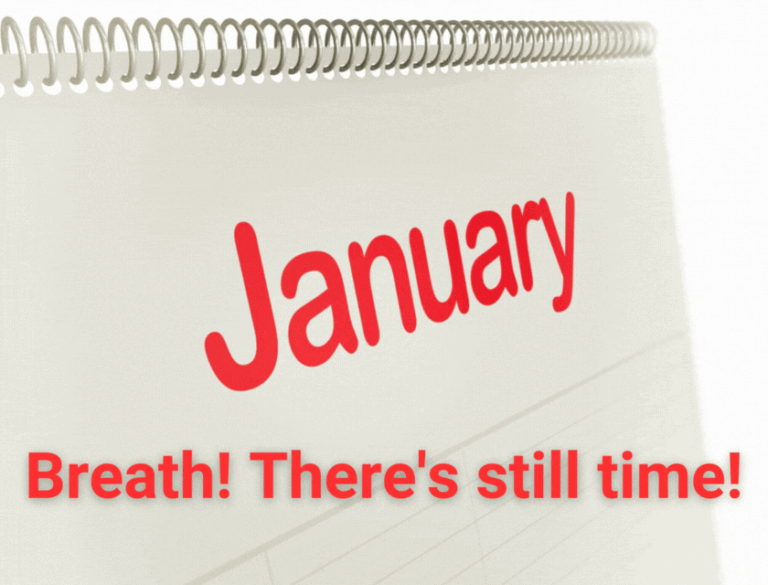
According to FEMA, approximately 40 to 60 percent of small businesses fail to reopen after a disaster.
Recent disasters, such as the California Palisades Fires and recent severe weather events nationwide, highlight how quickly circumstances can shift. For small businesses, the risks are significant.
Is your business equipped to weather the next catastrophe?
Statistics show that nearly half of small businesses never reopen following a disaster. This sobering fact motivated me to assess my readiness and put a solid plan in place.
The time to act is now.
Protecting the “Brain: of My Business – My Clients’ Files and Data
My business is on my desktop, which already implements online software. However, there are files I keep on my hard drive and external. Losing that data could mean the work done over the last 15 years could be gone. Once lost, how can one person ever recover your files?
Here are a few suggestions:
- Switch to Cloud Storage: External hard drives are helpful, but you can still lose them during a disaster. Reliable cloud storage services like Google Workspace, Microsoft OneDrive, or Dropbox to back up your files will safeguard your personal and business files.
- Remote Backup Systems: Invest in a system that securely backs up data offsite like Amazon Web Services (AWS), Microsoft Azure, Google Cloud Platform (GCP), Dropbox, Backblaze, and iDrive to back up your files online automatically and affordable options for small businesses.
- Cybersecurity Considerations: Disasters often lead to spikes in cyberattacks. Ensure your backups are protected with encryption and implement strong security protocols.
Managing Passwords and Access
When disaster strikes, immediate access to critical accounts is essential.
- Use secure password management tools like LastPass, 1Password, or Bitwarden to organize and store passwords for online accounts, banking, and other key services. Make sure multiple trusted team members have access. (Or even Google Passwords)
Keeping Insurance and Financial Records Safe
- Scan all insurance policies (building, auto, life, and medical) and store digital copies in the cloud. Keep physical copies in a fireproof safe.
- Create an online inventory of serial numbers, model numbers, and photos of all equipment. Tools like Sortly can simplify this process.
Planning for Business Continuity
- Develop a detailed disaster recovery plan that includes employee communication, customer notifications, and steps to resume operations. Templates and resources are available from FEMA and the SBA.
- Test your plan regularly and update it as your business grows.
- Invest in fireproof safes or document storage systems for critical records.
- Establish a remote work plan to maintain operations during evacuation orders or air quality events.
- Develop an evacuation plan for employees and ensure that anyone who needs access is trained.
- Include wildfire-specific insurance in your policy and review coverage annually. (if you can get it)
Now, What About Personal Items?
When disaster strikes, your first thought will be your family’s safety. However, you can take these steps now to ensure personal preparedness and still save some precious memories and documents:
- Back up personal photos, videos, and essential documents to cloud services like iCloud, Amazon Photos, Dropbox, or Google Drive.
- Store emergency contacts, insurance policies, and medical records in easily accessible digital formats.
- Scan and upload all legal documents.
- If you have a safety deposit box, keep an emergency key in a secure place.
- Use emergency apps like FEMA, the Red Cross, or local stations to receive real-time alerts and guidance.
Take Action Now
You may never know when you will need to grab your family and pets to bug out, but your livelihood doesn’t have to be a total loss. Start preparing today to ensure your business and family are ready for whatever comes next. Remember, your actions can make a significant difference in the face of disaster.
Here are some more helpful resources to get you started.
- SBA Disaster Preparedness
- FEMA’s Ready Business Guide
- CalFire Ready for Wildfire
Hopefully, no one ever faces such devastating disasters. But if it happens, you’ll have your files and documents ready to support you as you rebuild.



